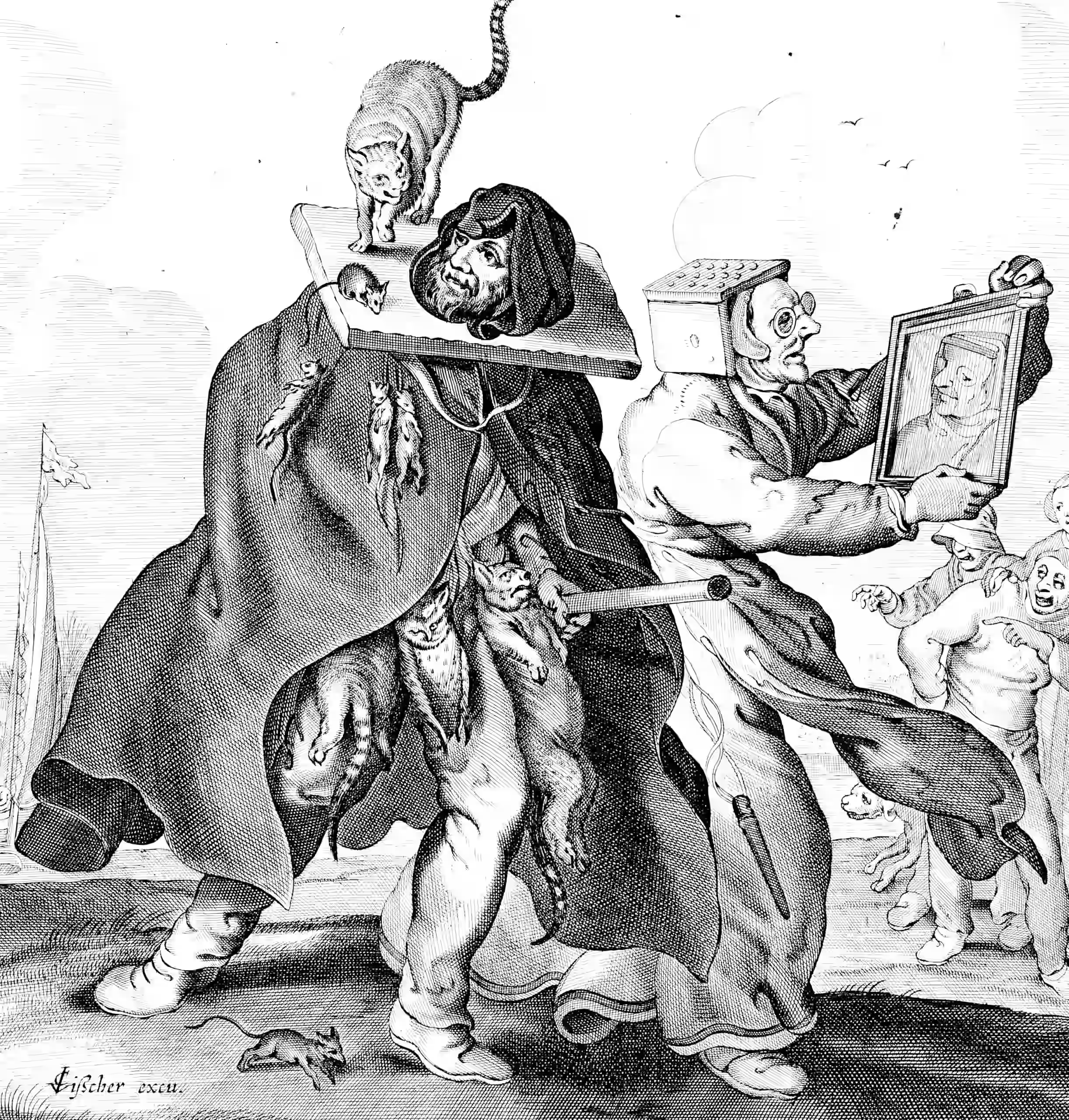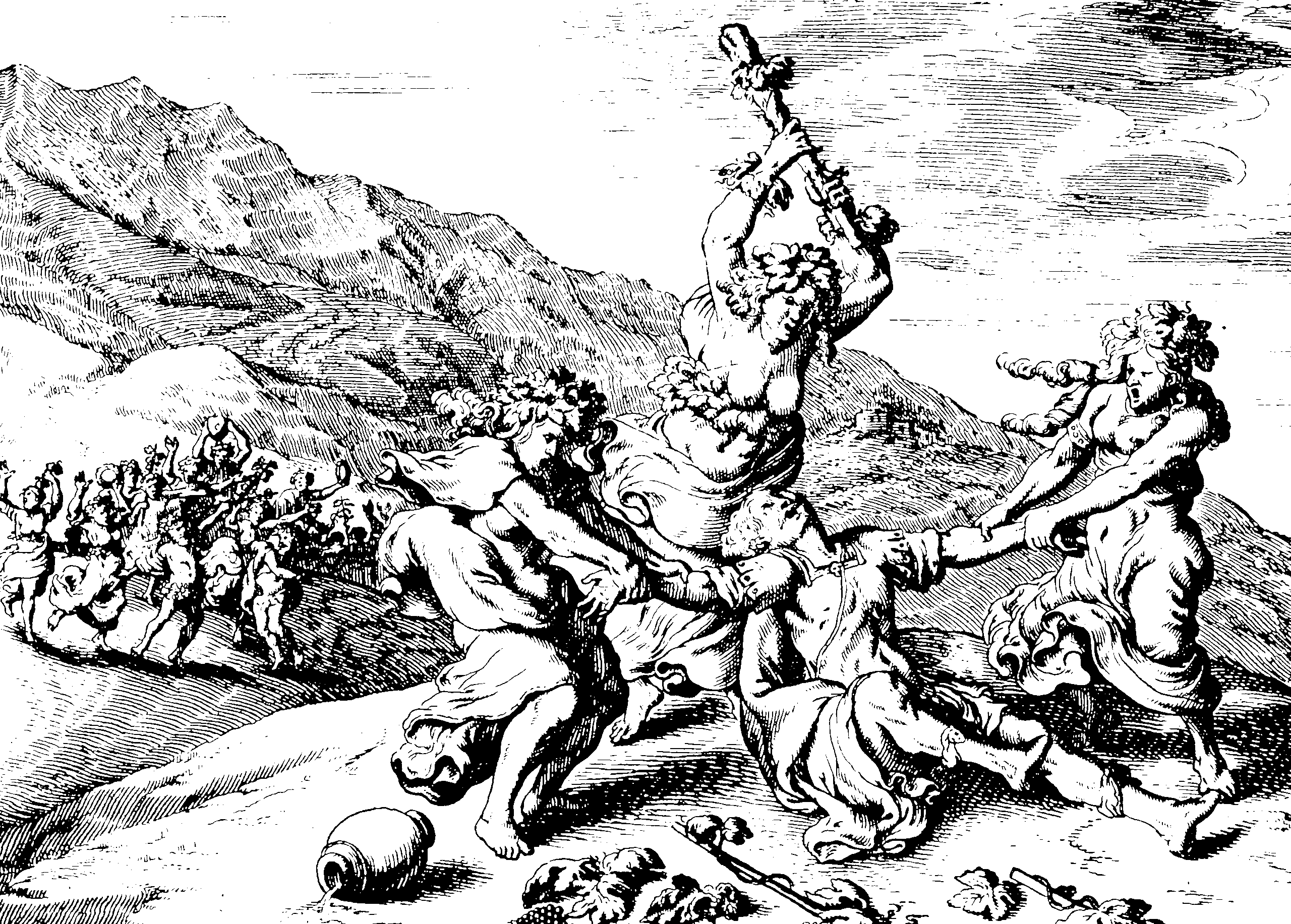Aktipis, Cronk, Alcock, et al. 2018.
“Understanding Cooperation Through Fitness Interdependence.” Nature Human Behaviour.
Apicella, and Silk. 2019.
“The Evolution of Human Cooperation.” Current Biology.
Axelrod. 1997. The Complexity of Cooperation: Agent-Based Models of Competition and Collaboration.
Axelrod, and Hamilton. 1981.
“The Evolution of Cooperation.” Science, New Series,.
Axelrod, and Hammond. 2003. “The Evolution of Ethnocentric Behavior.” In.
Bernhard, Fischbacher, and Fehr. 2006.
“Parochial altruism in humans.” Nature.
———. 2004. Microeconomics: Behavior, Institutions, and Evolution.
Bowles, Choi, and Hopfensitz. 2003.
“The Co-Evolution of Individual Behaviors and Social Institutions.” Journal of Theoretical Biology.
Bowles, and Gintis. 2000.
“Reciprocity, Self-Interest and the Welfare State.” Nordic Journal of Political Economy.
Boyd, and Richerson. 1987. “The Evolution of Ethnic Markers.” Cultural Anthropology.
———. 1988. Culture and the Evolutionary Process.
Boyd, and Richerson. 1999. “Complex Societies: The Evolutionary Origins of a Crude Superorganism.” Human Nature.
Carugati, and Levi. 2021.
“A Moral Political Economy: Present, Past, and Future.” Elements in Political Economy.
Charness, and Sutter. 2012.
“Groups Make Better Self-Interested Decisions.” Journal of Economic Perspectives.
Connolly. 2002. Neuropolitics: Thinking, Culture, Speed.
Dawkins. 1990. The Selfish Gene.
Farrell, and Shalizi. n.d. “Evolutionary Theory and the Dynamics of Institutional Change.”
Fosco, and Mengel. 2010.
“Cooperation Through Imitation and Exclusion in Networks.” Journal of Economic Dynamics and Control.
Gintis, Smith, and Bowles. 2001.
“Costly Signaling and Cooperation.” Journal of Theoretical Biology.
Haidt. 2013. The Righteous Mind: Why Good People Are Divided by Politics and Religion.
Hazlett. 2013. A Luxury of the Understanding: On the Value of True Belief.
Hoffman, and Prakash. 2014.
“Objects of consciousness.” Frontiers in Psychology.
Hoffman, Singh, and Prakash. 2015.
“The Interface Theory of Perception.” Psychonomic Bulletin & Review.
Köster, Hadfield-Menell, Everett, et al. 2022.
“Spurious Normativity Enhances Learning of Compliance and Enforcement Behavior in Artificial Agents.” Proceedings of the National Academy of Sciences.
Le, and Boyd. 2007. “Evolutionary Dynamics of the Continuous Iterated Prisoner’s Dilemma.” Journal of Theoretical Biology.
Loasby. 1999. Knowledge, Institutions, and Evolution in Economics.
Mark, Marion, and Hoffman. 2010.
“Natural Selection and Veridical Perceptions.” Journal of Theoretical Biology.
Montrey, and Shultz. 2019.
“Outgroup Homogeneity Bias Causes Ingroup Favoritism.” arXiv:1908.08203 [Econ, q-Bio].
Moral Sentiments and Material Interests: The Foundations of Cooperation in Economic Life. 2006.
Morris. 2015. Foragers, Farmers, and Fossil Fuels: How Human Values Evolve. Edited by Stephen Macedo.
———. 2000.
“Collective Action and the Evolution of Social Norms.” The Journal of Economic Perspectives.
Powers, Heys, and Watson. 2012.
“How to Measure Group Selection in Real-World Populations.” arXiv:1208.0520 [q-Bio].
Prakash, Fields, Hoffman, et al. 2020.
“Fact, Fiction, and Fitness.” Entropy.
Prakash, Stephens, Hoffman, et al. 2021.
“Fitness Beats Truth in the Evolution of Perception.” Acta Biotheoretica.
Ridley. 1998. The Origins of Virtue: Human Instincts and the Evolution of Cooperation.
Riolo, Cohen, and Axelrod. 2001.
“Evolution of Cooperation Without Reciprocity.” Nature.
Sheldon, and Nichols. 2009.
“Comparing Democrats and Republicans on Intrinsic and Extrinsic Values.” Journal of Applied Social Psychology.
Sigmund. 2011.
“Moral Assessment in Indirect Reciprocity.” Journal of Theoretical Biology.
Simler, and Hanson. 2018. The Elephant in the Brain: Hidden Motives in Everyday Life.
Tracy, Shariff, and Cheng. 2010.
“A Naturalist’s View of Pride.” Emotion Review.
Wright. 2010. The Moral Animal: Why We Are, the Way We Are: The New Science of Evolutionary Psychology.

